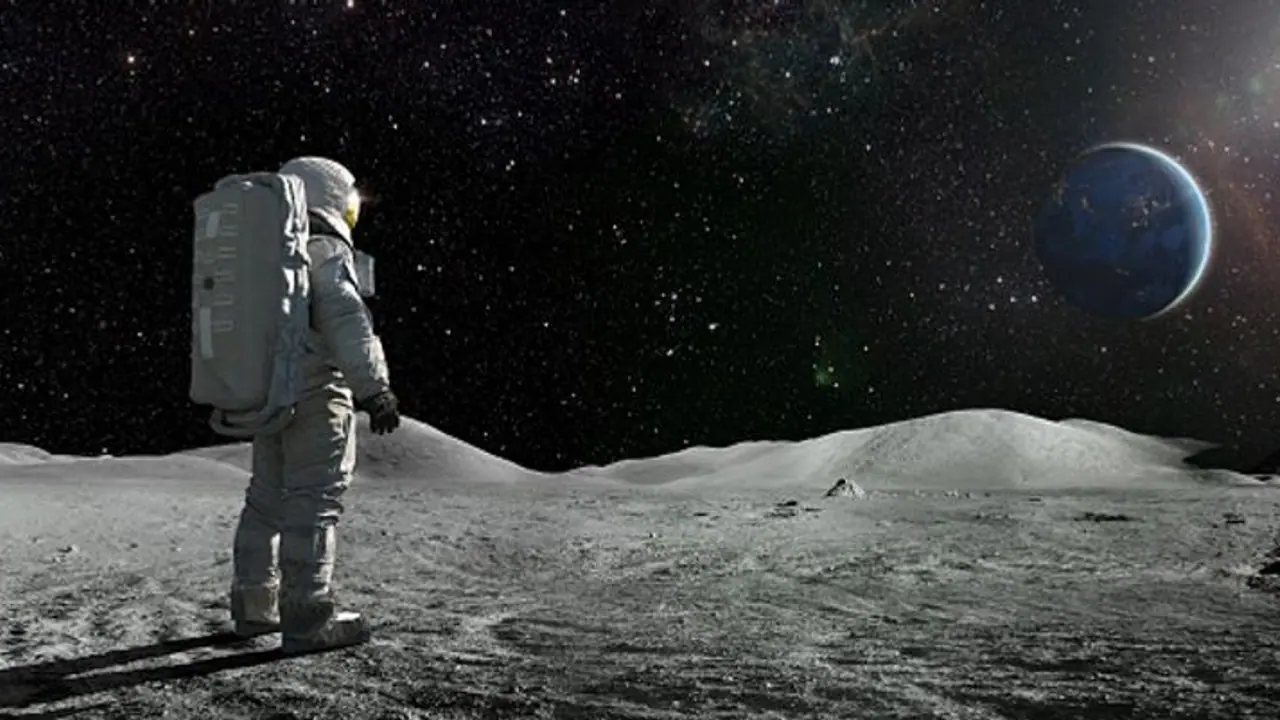The article delves into concerns about the escalating human impact on the Moon, leading to the declaration of a new geological epoch called the 'Lunar Anthropocene'.

Concerns are rising among space scientists regarding the human impact on the Moon, leading to the declaration of a new geological epoch named the "Lunar Anthropocene." Researchers from the University of Kansas have highlighted the extensive alteration of the Moon's landscape, with over 100 spacecraft visiting in the last six decades and an estimated 226,800 kg of human-made debris left on its surface. The details of this new Moon age have been documented in a comment piece published in Nature Geoscience, as reported by space.com.
Also read: Explained: How NASA taking Indian astronaut to space station powers ISRO's mega mission
Similar to Earth's Anthropocene, the suggested Moon age signifies a period where human activities have begun to influence the lunar landscape. This parallel includes actions such as hunting species to extinction, releasing greenhouse gases into the lunar atmosphere, introducing artificial light to a once-dark celestial environment, and clearing space for pathways by felling trees.
The introduction of this new term for the Moon arises from similar concerns, as scientists acknowledge the absence of permanent human habitation on the lunar surface.
"On the moon, we argue the Lunar Anthropocene already has commenced, but we want to prevent massive damage or a delay of its recognition," Justin Holcomb, an archaeologist at the Kansas Geological Survey, said in a statement.
Amid concerns of potential significant alterations to the Moon, there is apprehension about upcoming missions. Human plans to conduct multiple missions to the Moon with the aim of exploiting its resources and establishing a base for further space exploration are contributing to these worries.
According to Newsweek, scientists approximate that the Lunar Anthropocene commenced in 1959, marked by the landing of the Soviet Union's unmanned spacecraft Luna 2 on the lunar surface, initiating the era of lunar exploration.
Notably, NASA's Apollo Lunar modules, including the iconic Apollo 11 mission, played a pivotal role in lunar exploration. On July 21, 1969, Neil Armstrong, aboard the Apollo 11 module, achieved the historic feat of being the first person to set foot on the Moon.
"Future missions must consider mitigating deleterious effects on lunar environments," the authors said.
"There have been at least six accidental crashes into the lunar surface since 2019 - these will only increase as the new space race heats up and they pose a real risk to space heritage sites," Holcomb added.
As humanity embarks on missions to unlock the Moon's potential, the declaration of the Lunar Anthropocene serves as a timely reminder of the delicate balance needed to preserve the celestial bodies we explore and the importance of ethical considerations in our ventures beyond Earth.
